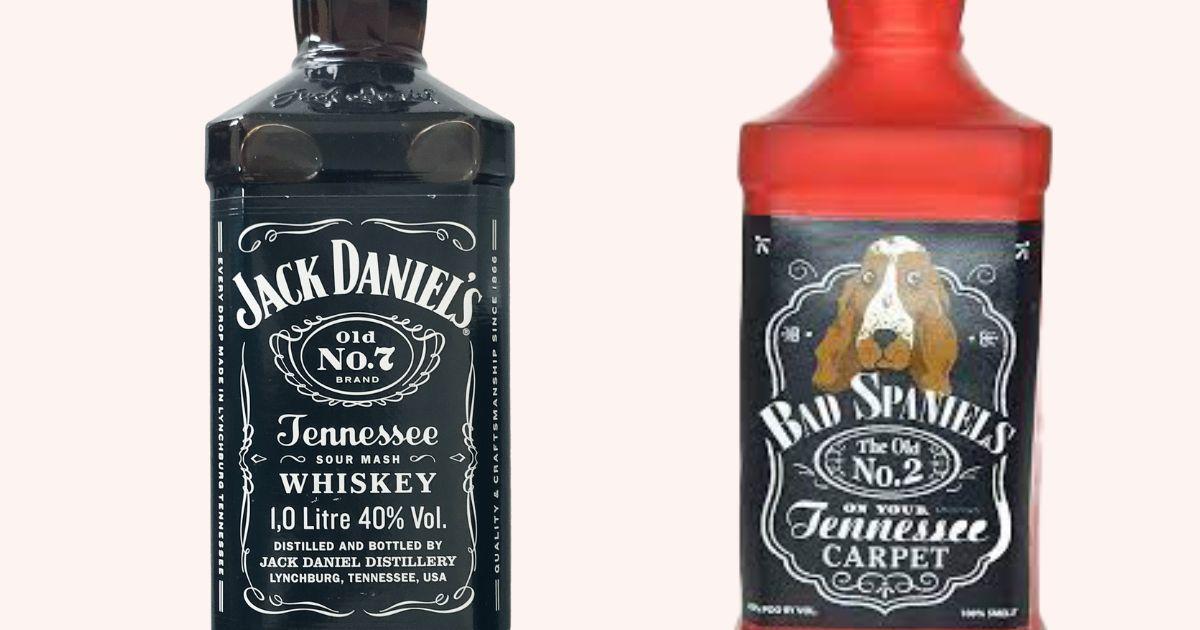When assessing a trademark application, the intellectual property office will look at two basic criteria: whether the mark shows a sufficient level of distinctiveness and whether it is in a similarity conflict with any other trademark registered in that jurisdiction.
As for distinctiveness, the USPTO evaluates marks on a so-called Spectrum of Distinctiveness, which includes the following categories:
1. Generic marks
Generic marks are common everyday terms used within a given industry. From the perspective of IP law, generic terms belong to the public, and no one has the right the claim their usage; therefore, marks considered generic cannot be registered. However, the adage of "within a given industry" is important here. For example, "Apple" would be considered a generic mark if Apple was a produce company, but in the context of IT, it is not generic.
2. Descriptive marks
Descriptive terms directly describe a characteristic or quality of the goods or services the mark is intended for, such as EduPro for education services. Descriptive terms also can't be registered as a trademark. However, it is possible for a descriptive mark to "acquire distinctiveness through use", where the mark can be registered if the owner can prove that the name has gained enough reputation to be linked to the brand without creating confusion in the market. American Apparel or Best Buy would be examples of such brands.
3. Suggestive marks
Suggestive marks imply a characteristic of the product/service, but in an indirect way, for example, the name Jaguar for a car brand. Suggestive marks are considered inherently distinctive and are eligible for trademark protection.
4. Arbitrary marks
Arbitrary marks may include common words or phrases but in a way that has no direct relationship to the goods or services being offered. For example, Apple for computers or Camel for cigarretes. Arbitrary marks are inherently distinctive.
5. Fanciful marks
Considered the most distinct, fanciful marks consist of made up words with no prior meaning, such as Pepsi or Xerox.






